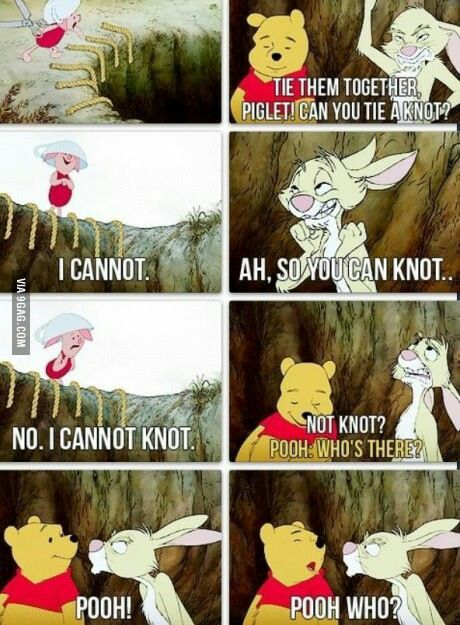Combinatorial Hierarchical Hyperbolicity of the Mapping Class Group
Abstract
The mapping class group of a surface has a hierarchical structure in which the geometry of the group can be seen by examining its action on the curve graph of every subsurface. This behavior was one of the motivating examples for a generalization of hyperbolicity called hierarchical hyperbolicity. Hierarchical hyperbolicity has many desirable consequences, but the definition is long, and proving that a group satisfies it is generally difficult. This difficulty motivated the introduction of a new condition called combinatorial hierarchical hyperbolicity by Behrstock, Hagen, Martin, and Sisto in 2020 which implies the original and is more straightforward to check. In recent work, Hagen, Mangioni, and Sisto developed a method for building a combinatorial hierarchically hyperbolic structure from a (sufficiently nice) hierarchically hyperbolic one. The goal of this talk is to describe their construction in the case of the mapping class group and illustrate some of the parallels between the combinatorial structure and the original.


